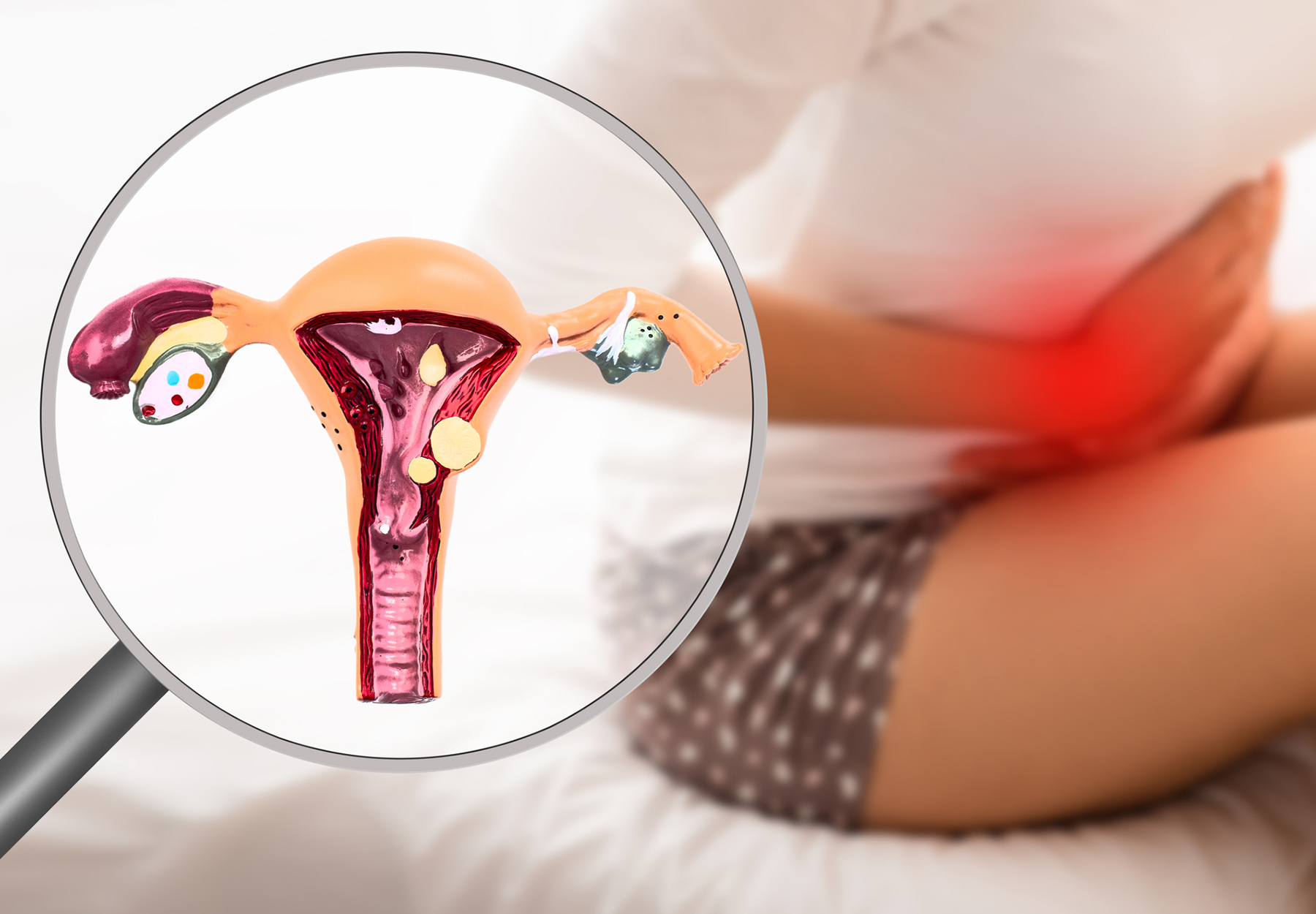OAKLAND, CA — NextGen Jane, a genomics startup generating big data for novel applications in molecular diagnostics and drug development for female reproductive disorders, announced that it has received the green light for the second phase of a Small Business Innovation Research (SBIR) Fast Track grant by the Eunice Kennedy Shriver National Institute of Child Health and Development (NICHD), part of National Institutes of Health (NIH).
The two phase, multi-year grant will provide continued funding for the development and advancement of a non-invasive tampon-based test for endometriosis, a common and debilitating condition which affects 10 to 15 percent of females, gives rise to pain, and is a frequent cause of infertility.
“We are excited to receive this financial support from NICHD and be a part of their concerted effort to address gynecologic conditions which are debilitating for half the population,” said Ridhi Tariyal, co-founder and chief executive officer of NextGen Jane. “To overcome a significant barrier in helping women with endometriosis, it is critical to increase disease awareness through convenient at-home testing. The path paved over the past two years for at-home diagnostic tests highlights the receptiveness of people across the globe to early diagnosis through ‘at home’ testing. This competitive NIH grant helps NextGen Jane take the next steps in developing the big data analytic tools needed to establish the molecular signature of this novel non-invasive diagnostic for patients in obstetrics and gynecological care and for women who want greater control of their own health.”
In Phase 1, NextGen Jane was awarded $267,669 to further explore biomarkers of endometriosis in menstrual effluence. For Phase 2, NextGen Jane has been awarded $1,518,169 for the next two years to test the performance of menstrual-based classifiers of endometriosis.
Separately, NextGen Jane is also a sub-awardee on an NIH NICHD R01 (Research Project Grant) based in Baylor College of Medicine’s Center for Drug Discovery. As a sub-awardee, NextGen Jane will apply their data tools toward the development of companion diagnostics to help stratify patient populations who are high probability responders to specific drug profiles. The collaborative effort with Baylor, located in the world’s largest medical center, the Texas Medical Center in Houston, will help build and validate NextGen Jane’s platform precision medicine objectives.
Dr. Stephen Palmer, principal investigator and associate professor at Baylor, added, “For more than 40 years, women have been treated with a ‘one-size-fits-all’ approach to diagnosis and medical treatment through laparoscopy and suppressing the action of estrogen on endometriosis. Over time, endometriosis lesions escape detection and establish their own ability to make estrogen. The Baylor Department of Pathology & Immunology and Center for Drug Discovery is working with NextGen Jane to identify novel molecular signatures of this escape. The signatures that are emerging from hormone-resistant endometriosis are dominated by inflammatory pathways. Our therapeutic strategy is to help the body channel its own inflammatory response towards suppression of disease, and to demonstrate disease minimization with the NextGen Jane platform through a second molecular signature of disease remission.”
– This press release was provided by NextGen Jane
